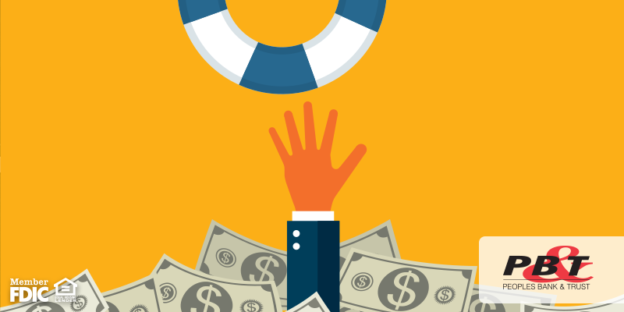
You deserve a little vacation with your hunny and children, but what can you do that won’t break the bank? Camping is the perfect solution for families looking for frugal fun! We’re here to share a few of the different ways camping saves you cash and packs in the entertainment.
Cost Per Night
Camping costs zero to $30 a night based on if you have to pay a fee to stay at a camping ground. That number looks tiny compared to the hundreds of dollars hotels cost per night. You may have to invest in some camping gear such as a tent, but your investment will be well worth it, as these items last years. Do some research on the best places to stay, and you’ll be a happy camper.
Meal Budget
Cooking s’mores and hot dogs over the fire for meals beats the hefty prices of restaurant food – especially when you travel as a family. Overall, Americans spend an average of $33 per day on food when on a vacation within the U.S. In aggregate, more than 80% of that amount is spent in restaurants. You have the opportunity to control how much money you spend on eating and find fun ways to cook over a fire!
Free Excursions
Instead of paying a few hundred dollars for the family to enjoy zip lining and other excursions, camping brings the nature to you! If you decide to camp at a national park, there are many attractions within that you can see. Wallet-friendly options to family activities include hiking, biking, stargazing and more! As a bonus, you are even able to bring your pets along for the trip.
No Size Limit
No matter how big or small your family or group of friends is, you won’t have to worry about extra large quantities of money being spent. If you had more than four people, you’d need another hotel room – camping doesn’t make you spend hundreds more when another person is added to the group!
Pay With Cash
When you’re on your trip, pay with cash. This helps you spend less and stay more conscious of your spending habits. It’s a lot harder to keep up with how much you’re spending when you don’t see the money leaving your hands. Grabbing grocery items for the fire can sometimes end in getting more than you need, so using cash will help limit your spending and stay on top of your budget.
Vacations are great ways to bond with friends and family, however, you don’t want to lose your savings to have fun. Camping allows you to maintain your frugal lifestyle while still enjoying life to the fullest. If you’re looking to create a budget and start saving for your next camping trip, give us a call or stop in today!
Peoples Bank & Trust Co.
Member FDIC
Equal Housing Lender










